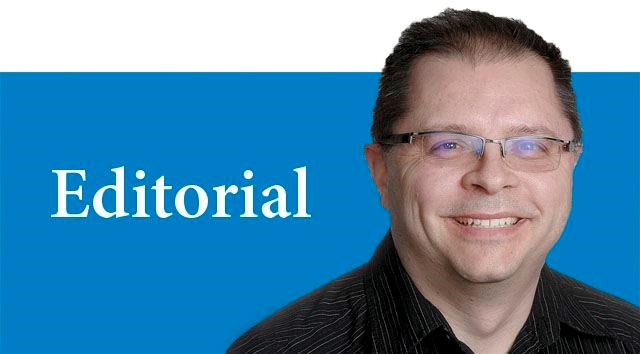Braggadocious.
Donald Trump has used this word on several occasions during the presidential campaign, first during the Republican primaries and the last time during the Sept. 26 televised debate with Hillary Clinton, according to the Merrian-Webster website.
The prominent American dictionary publisher noted that searches for braggadocio, the root word for braggadoicous, surged after that debate. As the dictionary explains in a short article, braggadocio ("the annoying or exaggerated talk of someone who is trying to sound very proud or brave") is in the dictionary but braggadocious isn't because "the word is not common enough to merit an entry in our dictionary."
Braggadocious has long since been replaced with the adjectives boastful or arrogant and instead of calling someone a braggadocio, the simpler word braggart is used.
In a different time during a different election, a presidential candidate might have taken some heat for using words so outdated that they aren't even in the dictionary.
Not this time.
Trump's offensive language in public is simply unprecedented in U.S. politics. A short list of infractions include his comments about women, Muslims, Mexicans, the physically disabled, the parents of a veteran who died in action, torture and nuclear weapons. That list likely outnumbers all the foot-in-mouth faux pas of presidential candidates in the last 50 years put together.
To put that in context, Richard Nixon's path to securing the Republican nomination in 1968 was paved when his most serious opponent, George Romney (the father of future Republican candidate Mitt Romney), commented in a televised interview that he'd been brainwashed by American generals and State Department officials about the reality of the war in Vietnam.
That's it. One offhand comment expressing frustration towards the military and the government bureaucracy ended Romney's presidential ambitions.
The voters of the day simply would not tolerate a candidate with such little control of his words and his admission of the depth of his ignorance on such a serious subject.
Compare that to Trump, who prides himself on his verbal lack of control and his blatant lack of knowledge on so many subjects normally important for anyone with aspirations to occupy the Oval Office. Trump has suggested he will fire generals for not getting the job done (he can't actually do that but he says he can) and has fiercely criticized the CIA and the military for not stopping the Islamic State and the FBI for not putting Clinton in jail.
Amazingly, the sudden tolerance by the American electorate for incompetence and inexperience in a citizen who would be president isn't the most bizarre thing about U.S. presidential politics. It's how Americans choose their party nominees and then vote for president that's truly weird.
Tonight, starting at 7 at the public library, UNBC political science professor and Citizen columnist Tracy Summerville will offer up an interactive exploration of the arcane system used to pick a president. By the end of it, you'll be able to make better sense of what's happening next Tuesday night when the results roll in, you'll know what the electoral college is and you'll be thankful we don't have it in Canada.
Two of the props Summerville will use tonight will be The Citizen's director of advertising Cheryl Stewart and me, she in her pro-Clinton T-shirt and me wearing a Trump "Make America Great Again" shirt.
In Canada, wearing a button and putting a sign on the front lawn is as bold a public political statement as many people are willing to make. Wearing T-shirts, hats and buying bobbleheads of the candidates remains a crazy idea in Canadian politics at any level. The Trump T-shirt certainly doesn't reflect my views - my opinion of Trump is clear, both above and in previous editorials - but the crass boldness - the braggadociouness, if you will - of the shirt is alarming, just like Trump.
How did we get to here, six days before this historic vote?
Join us tonight at the library for the strange journey.
-- Managing editor Neil Godbout
MAKING IT RIGHT: Sandy Alomar Jr. and Omar Vizquel are members of Cleveland's Baseball Hall of Fame but have not been inducted into the National Baseball Hall of Fame in Cooperstown, as written in Tuesday's editorial.



